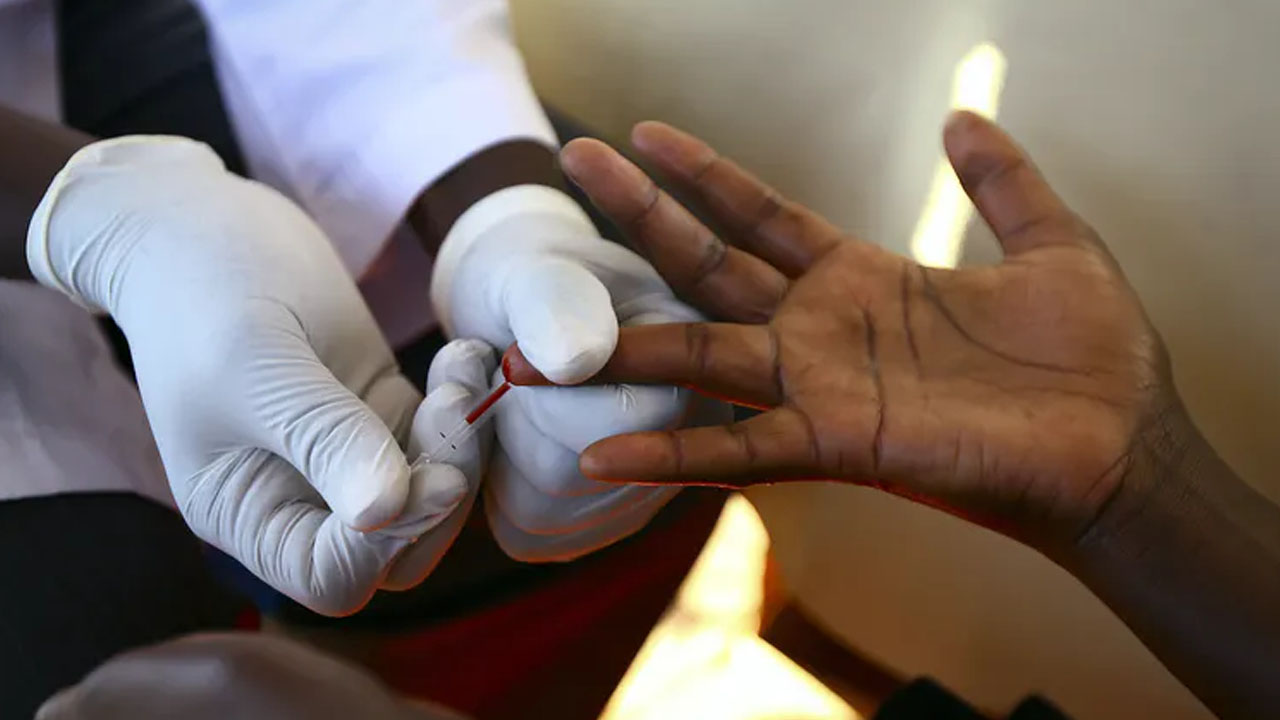Experts have stressed the need for responsible storytelling rooted in facts that builds public trust and contributes meaningfully to public health outcomes.
Participants were also urged to reflect the realities of Nigeria’s complex health landscape in their reports, while avoiding sensationalism and maintaining ethical integrity.
They spoke at a three-day media capacity-building workshop aimed at enhancing ethical and impactful health reporting organised by the International Society of Media in Public Health (ISMPH), in collaboration with the Lagos State Government.
The workshop forms part of a three-year pilot initiative targeting improved health outcomes in Lagos, Kano, and Kaduna States, which seeks to equip journalists with the skills to report ethically and accurately on issues related to Reproductive, Maternal, Newborn, Child, and Adolescent Health and Nutrition (RMNCAH+N).
Speaking on journalistic ethics, Communications and Knowledge Management expert, Mr Boniface Kassam, challenged media professionals to avoid compromising patient confidentiality or rushing to publish unverified stories, as responsible storytelling rooted in facts builds public trust.
Participants were trained to understand the role of the media in advocating for RMNCAH policies, amplifying the PHC political agenda, and supporting the Sector-Wide Approach (SWAp) to healthcare.
Executive Director of ISMPH, Chief (Mrs) Moji Makanjuola, emphasised that journalists must use their platforms to highlight critical service gaps and demand accountability from stakeholders.
She noted that in a state as fast-paced and diverse as Lagos, the media holds immense power in driving behavioural change and dispelling misinformation. She encouraged Lagos to lead the charge in reducing preventable deaths and setting a standard for health reforms across the continent.
ISMPH’s National Programmes Director, Solomon Dogo, pointed out that despite notable government investments in primary healthcare, uptake of services remains low in many underserved communities. He stressed that without media-led awareness campaigns, such efforts may not reach those who need them most.
The Lagos State Ministry of Health, Director of Family Health and Nutrition, who was represented by Dr Latifatu Adeleye, highlighted progress in areas such as immunisation, deworming, and adolescent health.
However, she noted that more needs to be done to publicise these services and urged journalists to help spread awareness about the availability of vital care in the state’s 329 PHCs and 28 secondary health facilities.
A persistent challenge discussed at the workshop was the limited capacity of PHCs, many of which are constrained by poor infrastructure, outdated equipment, and a severe shortage of trained personnel. Added to this are low public confidence in health centres and gaps in family planning services, made worse by inadequate funding and weak accountability systems.
Participants explored the importance of health communication in promoting protective behaviours, increasing service uptake, and informing health workers of their responsibilities. Strategies shared included using community media such as theatre, radio, and folk performances, as well as digital platforms like blogs and social media to engage the public on issues ranging from antenatal care and exclusive breastfeeding to health insurance and family planning.
Representative of the Lagos State Primary Health Care Board, Adesola Honfor, urged residents to take ownership of their health by utilising available services and engaging more actively with the healthcare system.






